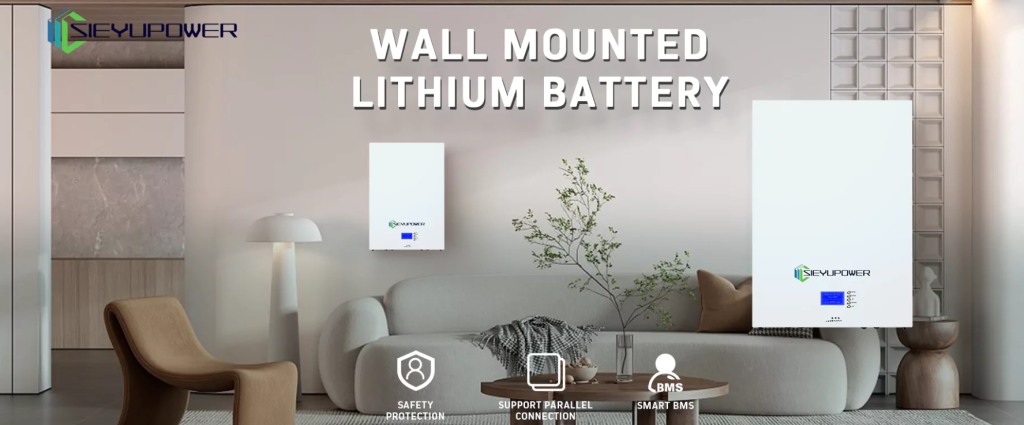If you’re looking for a way to power your device in a compact way, you might want to consider a wall-mounted lithium-ion battery. Such batteries are superior to lead-acid batteries in several ways. It has a longer service life and less maintenance.
Compact size
Wall-mounted lithium-ion battery packs have many advantages, including compact size. They also offer impressive power density and long service life. Their compact size and high energy density help reduce the overall cost of installation, transportation and maintenance. They also offer excellent scalability and adaptability.
Longer service life
Lithium batteries, especially wall-mounted batteries, have several advantages. First, they are maintenance-free. Unlike lead-acid batteries that require periodic discharge and replenishment of battery acid, wall-mounted lithium batteries require no maintenance. Also, they can last a long time.
Second, lithium-ion batteries are highly efficient. They can provide high levels of charge and higher voltages, which makes them more suitable for some electronic circuit designs. However, they tend to cost more than lead-acid batteries. Lithium-ion batteries are often used in conjunction with a battery management system to maintain optimum performance.

Lithium-ion batteries can last for years. While lithium-ion battery packs typically last two to three years, they can last more than five years in some applications. On top of that, these batteries age more slowly. Other chemicals, such as nickel metal hydride, have age-related degradation effects. Despite these limitations, lithium-ion battery packs are known to last five years or more. In fact, manufacturers are constantly improving and developing technology to provide consumers with better batteries. Several new chemical combinations are introduced every six months. Due to the rapid development of technology, it is difficult to assess the battery life.
Reduce maintenance
Wall-mounted lithium batteries offer several advantages over lead-acid batteries, including weight, cycle life, and low maintenance costs. They also do not require periodic cycling and do not release hydrogen or oxygen. Because of these qualities, wall-mounted lithium batteries are an excellent choice for monitoring remote devices. The energy density of lithium batteries is also much higher than that of lead-acid batteries. In fact, you need to install up to 8 lead acid batteries to power the same system as a single lithium battery. In addition, lithium batteries are only half the weight, making them easier to install in tight spaces.
There are also some advantages to using lithium-ion batteries over other rechargeable battery technologies. These batteries have the highest energy density of any battery type and can deliver high current. These batteries can be used in a variety of applications, including cell phones, laptops, and vehicles. These batteries are versatile and increasingly popular.


